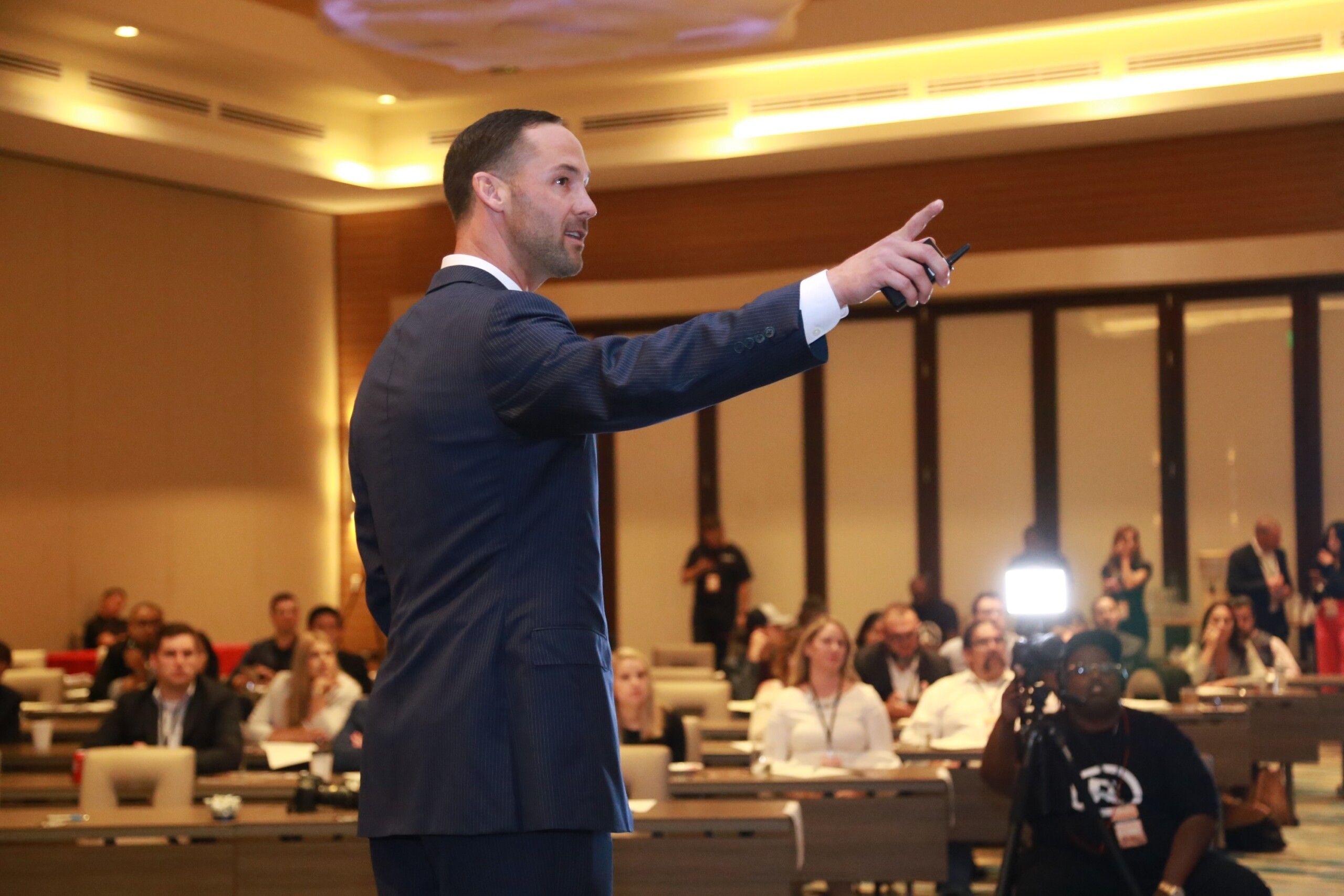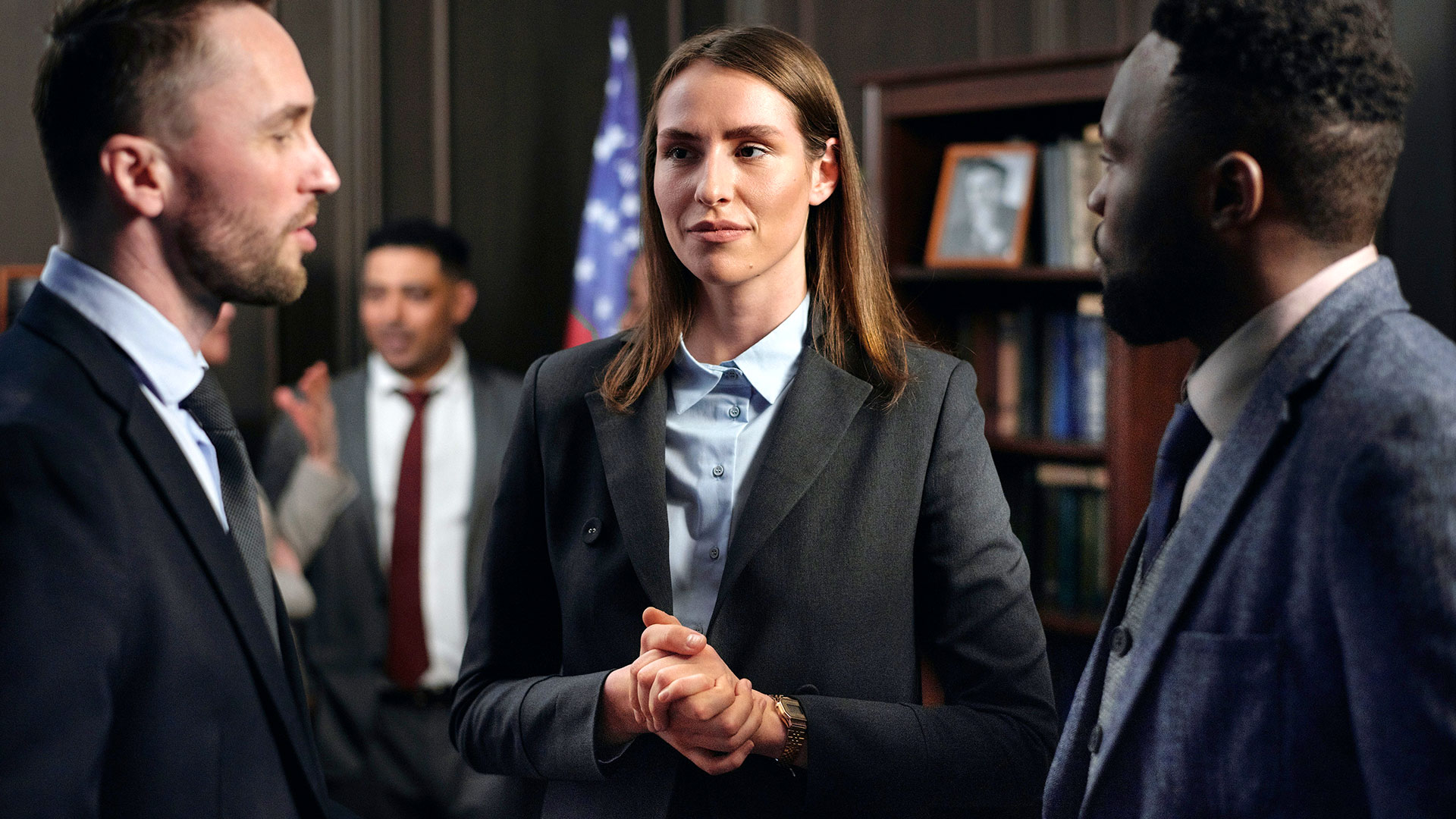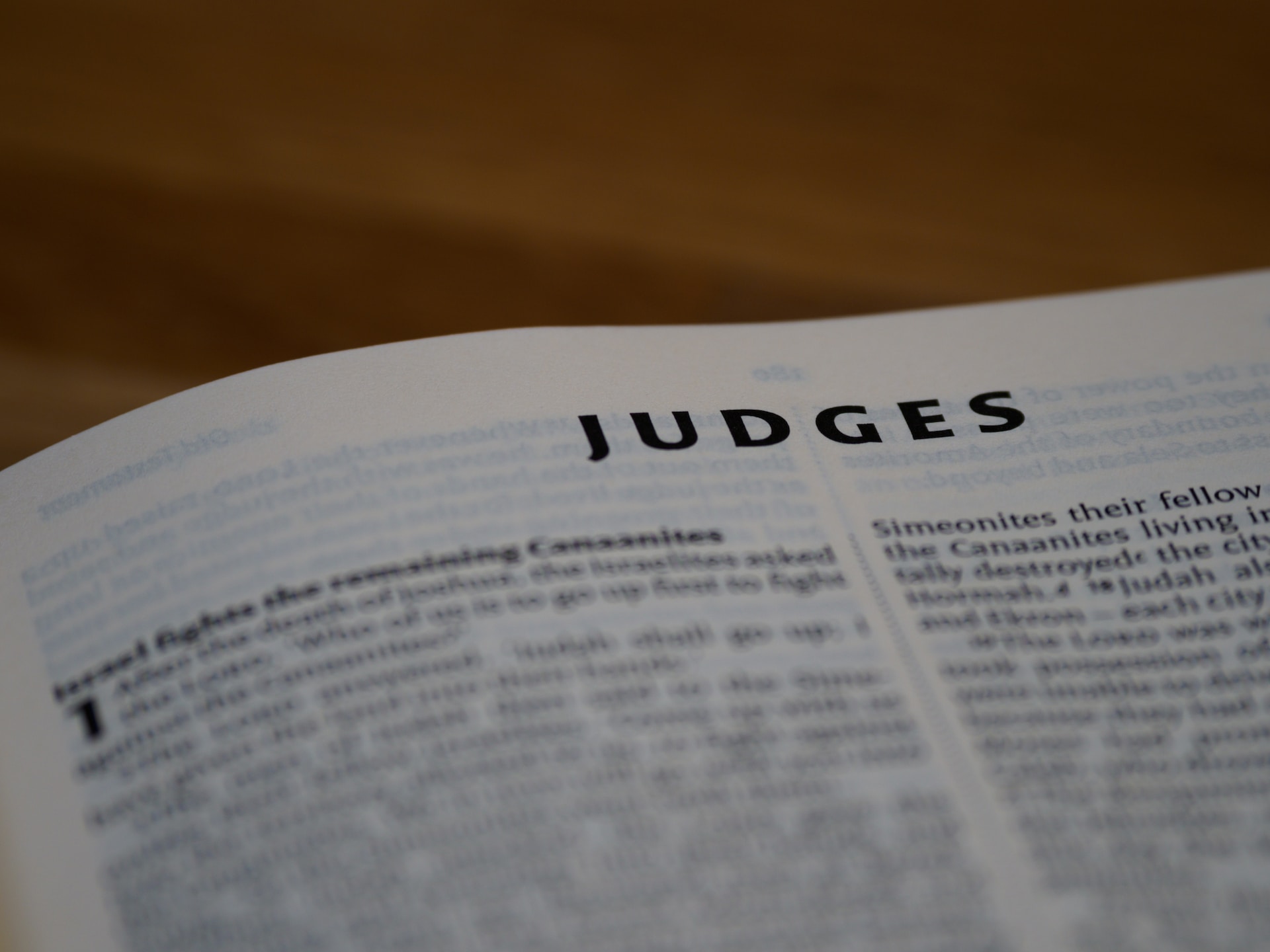
Can a Prosecutor Bring Up Past Charges
When it comes to whether a prosecutor can bring up past charges, it depends on a few things, like where you are and what the case is about. Sometimes, past charges can be talked about in court to show a repeated pattern or why someone did something. But there are rules about when this is okay. These rules consider if the past charges are relevant, fair, and won’t be unfair to the person being accused.
In some situations, talking about past charges might not be allowed because it could make the jury decide unfairly or think differently about the person on trial. Courts look at whether the information is helpful compared to how much it might harm the person on trial.
People accused of a crime have the right to a fair trial, and good lawyers can challenge whether past charges should be talked about in court. This can involve legal arguments and motions. It’s important to talk to a lawyer to understand the specific rules and laws in the place where the trial is happening.
Understanding whether a prosecutor can bring up past charges is a bit complicated. Lawyers might use different defenses, present counterarguments, or work out deals to make the impact of past charges less in the current case. Talking to a lawyer helps make sure you know the rules and can build a good defense based on the details of your situation.
Are Prior Convictions of an Individual Admissible Evidence Why or Why Not?
Whether previous convictions can be used as evidence in a legal case is a bit complicated and depends on different factors, like where you are and what the case is about. Generally, courts have rules about what evidence can be shown, and past convictions are one of those things that get looked at closely.
Sometimes, past convictions can be used to show a pattern of behavior, why someone did something, or how they usually act. But this isn’t a rule for every situation, and there are exceptions.
Courts have to think about whether bringing up past convictions helps understand what happened in the current case or if it could make the jury decide unfairly. They try to find a balance between showing the truth about the case and making sure the jury doesn’t get biased by knowing about the person’s past.
To make sure trials are fair, there are rules that limit when past convictions can be used. These rules aim to stop the jury from deciding based on what someone did before instead of focusing on the facts of the current case. Lawyers defending someone can argue against using past convictions by saying it might be more harmful than helpful to the case.
Understanding whether past convictions can be used involves looking at how relevant they are to the current situation and making sure their use is fair. Talking to a lawyer is important to understand the specific rules and details for a particular case.
What Are The Two Requirements Before Evidence Can Be Admissible?
Before evidence can be used in a court case, it has to meet two important requirements: relevance and reliability. First, the evidence must directly connect to the case and provide information that helps prove or disprove something important for the legal proceedings. If the evidence doesn’t really help with the main issues of the case, it might not be allowed. Second, the court looks at how reliable the evidence is, considering how it was collected, where it came from, and if it’s likely to be accurate. If there are doubts about how the evidence was collected or if it’s not very trustworthy, the court might decide not to use it. These requirements are crucial to make sure the evidence is not only related to the case but also dependable, keeping the legal process fair and leading to a just decision.
What Type of Evidence is Generally Not Admissible at Trial?
In a trial, some types of evidence aren’t allowed for legal reasons. One kind is hearsay, where info or statements are repeated by someone not speaking in court. Courts like info from people who saw things happen themselves because it’s more reliable. Evidence that doesn’t really connect to the case, not helping to prove or disprove a crucial fact, is usually left out. Unreliable evidence, collected in ways that make people doubt its accuracy, might also be excluded. Private talks, like between spouses or lawyers and clients, are often kept private and need permission to be shared. Evidence trying to show a person’s character to guess their behavior is usually limited to be fair. Opinions from regular people might not be used, and evidence collected illegally, breaking the law, isn’t usually allowed to stop bad practices. These rules make sure the evidence in court is fair, dependable, and directly related to the main issues of the case. Legal pros play a big part in handling these rules during trials.
What Types of Prior Convictions Are Admissible to Impeach the Defendant’s Testimony?
Can Additional Charges Be Added in Court
Yes, more charges can be added in court under certain conditions. This is known as “amendment” or “supplemental charging.” It usually happens when new evidence comes up during an investigation or when the prosecution believes that additional charges are necessary.
For example, if the initial charges don’t fully cover the alleged criminal activity or if new information is discovered, the prosecution might ask to add more charges. The court will carefully consider this request, thinking about fairness to the defendant and the need for a complete presentation of the case.
However, there are rules to prevent unfair surprises or harm to the defendant. The court looks at when and why the request is made, making sure the defense has enough time to prepare a response.
It’s essential to know that the specific rules for adding charges can vary depending on where you are. Talking to a legal professional helps understand the laws in that area and how additional charges might impact the court proceedings.
Article Written by Shifted SEO & Web Design




